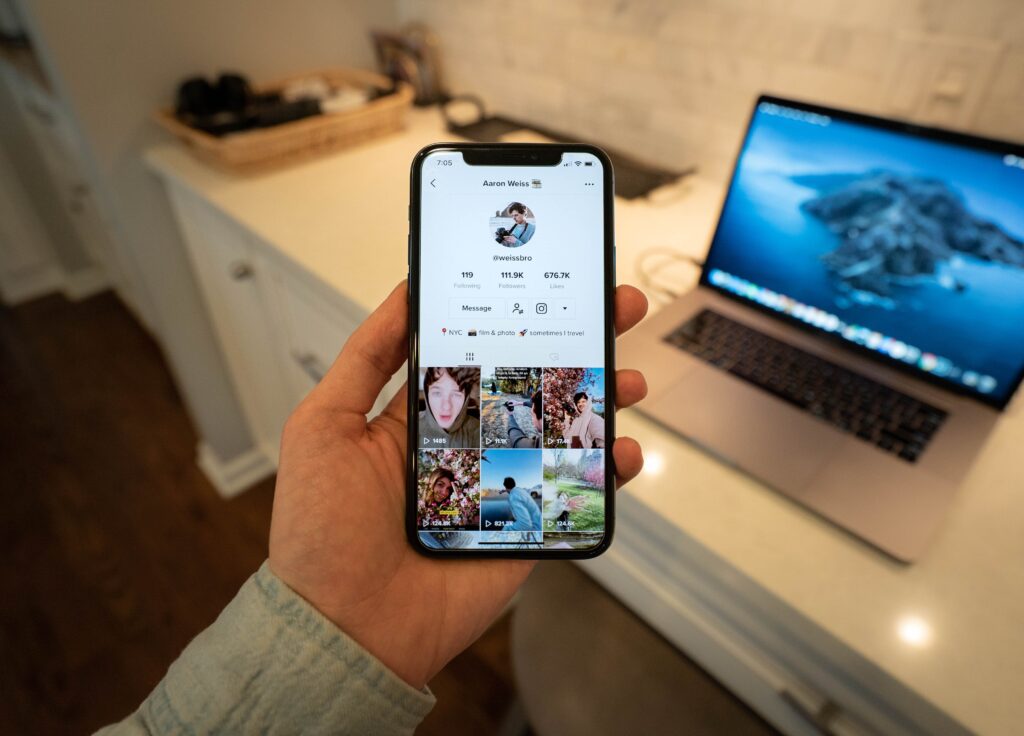Social Media Can and Will Be Used Against You in Court
Social networks have become virtual coffee shops where people go to make new acquaintances and catch up with old friends.
While that’s fine and wonderful, it means there is a lot of personal information floating around in cyberspace. And if you ever find yourself in a court of law, that personal information can decimate you.
 Understanding the Legalities
Understanding the Legalities
Your online actions can and will be used against you—regardless of privacy settings or deleted posts.
Social media privacy issues are routinely discussed in court. Here is the conclusion judges usually come to: “private” is not the same as “not public.” If you choose to share content—even with a select group of people—it is no longer private. Therefore, it becomes public and available for use in a legal case.
Both Facebook and Twitter make it extremely easy to access all the information shared on your accounts.
Facebook users can download all their social network activity. A zip file is delivered via email and contains timeline posts, messages, photos, ads that have been clicked, the IP address of login locations, and more.
While a bit more limited in scope, Twitter offers a similar service.
The vulnerability of your private information is dependent on the case and the judge. Sometimes, investigators will only be granted access to certain information. But, you should know there is a chance all your information could be exposed.
For example, in one court case, the plaintiff was ordered to provide her login information. The defense attorney had uninterrupted access to her account for the next three weeks. While the court dictated the attorney was the only one who could log in, there wasn’t a rule that prevented the defendant from checking the account once the attorney had accessed it.
No One Expects Legal Trouble
You might be thinking of those stupid criminal stories—the ones where a person commits a crime and then goes on Facebook to brag about it. In situations like those, social media users totally get what they deserve.
But many people find themselves facing legal trouble they never anticipated. And that is when innocent online communication turns dangerous.
Let’s take a look at a few hypothetical situations.
Taking an Unexpected Pay Cut
One day, an employee receives her paycheck and notices she wasn’t reimbursed for all the hours she worked. This happens over and over until she files a claim for unpaid wages.
As a defense, the employer presents the employee’s internet browsing history from the company’s server. It is filled with Facebook posts and uploads to Twitter.
The employer can present this as evidence that the employee wasn’t really working when she claimed she was.
Financial Distress or Crying Wolf?
A married couple is struggling financially and decides to file for bankruptcy. They supposedly list all their assets. Once the bankruptcy trustee starts poking around, it’s discovered the couple actually has a second home they didn’t list in the bankruptcy claim.
And, they have Facebook photos to prove their prize property. Whether this omission was made intentionally or not, the social media revelation will do serious damage.
Personal Injuries Aren’t So Personal
A young man is in the midst of a personal injury lawsuit. Nearing the end of the case, he makes a Facebook post about the significant amount of money he is about to receive from his lawsuit.
This information is brought to the attention of the opposing counsel. A further inquiry reveals the young man had previously testified in a deposition that he needed money to pay down his debts.
Combining these two bits of information, he was portrayed as a money-seeking plaintiff who was only interested in milking the civil justice system.
Let’s look at another—more obvious—situation regarding personal injury. A man files a claim against his employer for injuries sustained during work. Later, a video emerges online highlighting the employee’s amazing surfing abilities.
This new evidence brings up two pertinent questions. First, did he actually sustain his injury at work or was it a result of his daredevil lifestyle? Second, if the injury happened before the video was made, how severe was the injury?!
Discovering What’s Really Best for the Child
A couple is in the midst of a nasty divorce. Their child’s custody is one of the major points of contention.
Thinking she is engaging in a little silliness with her daughter, the mom dons her youngster’s PJs and uploads the picture to social media.
Even an explanation like, “When ur 4 year old peanut says ‘mommy please put my dress on’ & giggles uncontrollably, u do what ur told” won’t appease an upset dad—or judge.
Dr. Jekyll and Mr. Hyde’s Sexual Harassment
A female employee files a sexual harassment case against her boss. She claims she was offended by his sexist remarks.
During the trial, the defense presents Tweets the employee sent to co-workers that are filled with sexually inappropriate jokes – far more offensive than the comment addressed to her.
Suddenly, her delicate sensibilities don’t seem so innocent.
What Would Your Social Media Say About You?
If someone were to take a closer look at your social media accounts, what would be revealed? Could your online activity get you in trouble someday?









